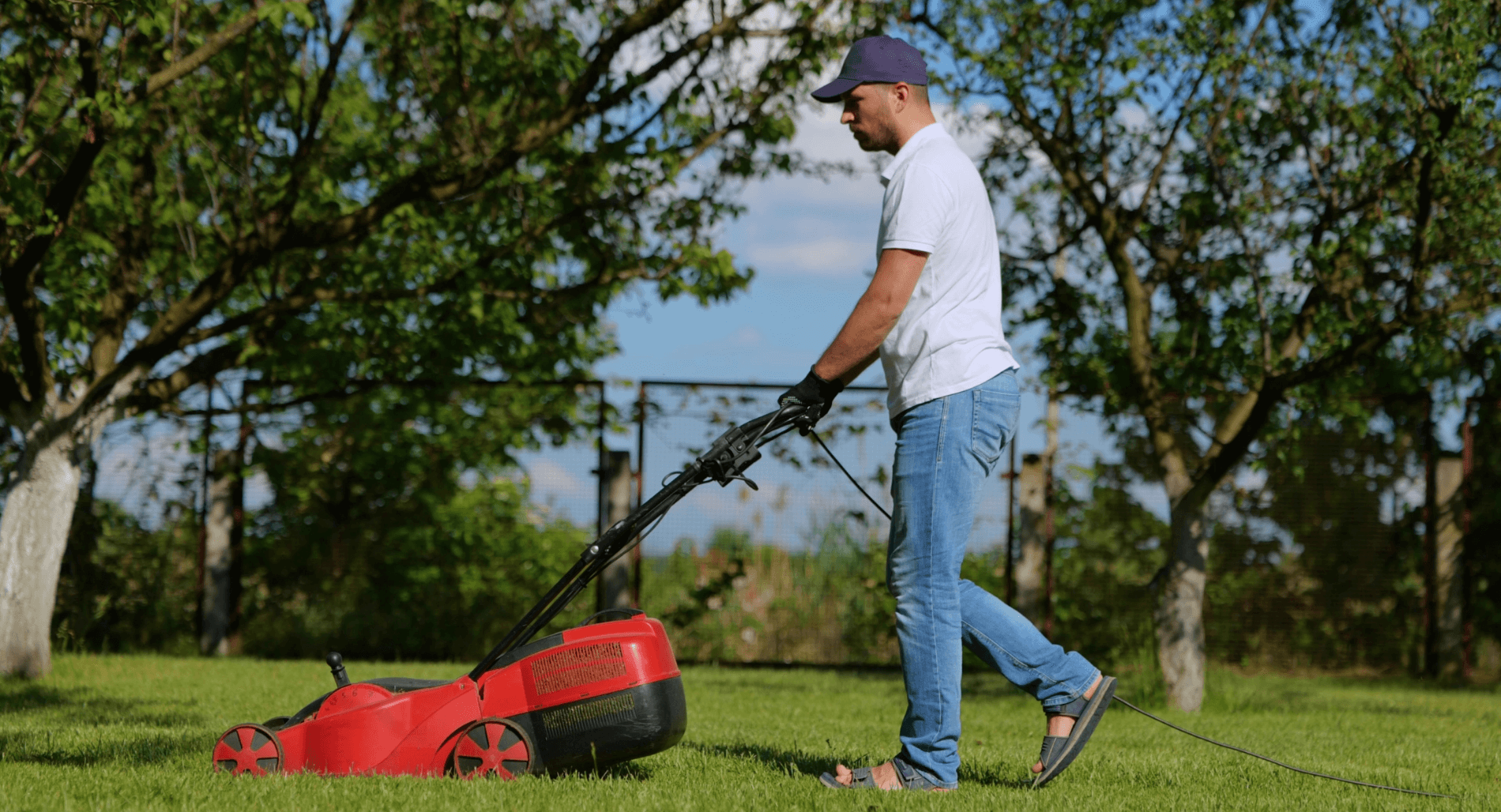
Summer brings with it the opportunity to enjoy the outdoors, tackle gardening projects, and beautify our yards. While we focus on protecting ourselves from sunburn and staying hydrated, we often overlook the importance of safeguarding our ears. However, yard work can be noisy! There’s a risk of loud noise exposure during gardening and other yard work.
Understanding the Risks of Noise Exposure
Gardening and yard work involves various activities that can generate significant noise levels that are harmful to your hearing. Common noise sources include:
- Lawnmowers: Gas-powered or electric lawnmowers can produce noise levels of up to 100 decibels (dB), well above the recommended safe limit of 85 dB.
- Leaf blowers and trimmers: This equipment can generate noise levels ranging from 90 to 105 dB, which can be damaging to your hearing, especially during prolonged use.
- Power tools: Equipment such as chainsaws, wood chippers, and power drills can produce noise levels exceeding 100 dB, potentially causing permanent hearing damage if proper precautions are not taken.
Tips for Preventing Hearing Damage
Protecting your ears during summer gardening and yard work is an important part of maintaining long-term hearing health. Consider the following tips to minimize the risk of hearing damage:
- Limit exposure: Try to limit the amount of time spent using noisy equipment or in noisy environments. Take regular breaks to give your ears a rest and reduce the accumulated noise exposure.
- Maintain distance: When operating loud machinery, try to keep a safe distance between yourself and the noise source to minimize exposure. This distance can help reduce the intensity of the sound reaching your ears.
- Choose quieter equipment: Consider using electric-powered or battery-powered equipment instead of gas-powered alternatives as they tend to produce less noise. Look for equipment with noise ratings or quiet operation.
- Schedule wisely: Plan your gardening and yard work activities during daytime hours to minimize disturbance to your neighbors and avoid potential noise conflicts. Check local noise regulations or guidelines to ensure compliance.
- Create barriers: Use natural or man-made barriers such as hedges, fences, or sound-absorbing panels to reduce noise in your backyard. These barriers can help decrease traffic noise or other neighborhood noise in your yard.
- Delegate and share workload: Share gardening and yard work tasks with family members, friends, or neighbors. By dividing the workload, you can decrease individual exposure to noisy equipment and spread out the overall noise exposure.
Types of Hearing Protection
One of the most effective ways to protect your ears during summer gardening and yard work is by utilizing hearing protection devices. These devices help reduce the intensity of sound reaching the delicate structures of your ears. Some commonly used hearing protection options include:
Earplugs: These small, foam or silicone inserts fit into the ear canal, providing a physical barrier against noise. They are portable, inexpensive, and available in various sizes and shapes to ensure a comfortable fit.
Earmuffs: Earmuffs are sound-absorbing devices that create a seal around the entire ear and block out or reduce the intensity of noise. Earmuffs are adjustable, reusable, and provide good overall hearing protection.
Benefits of Using Hearing Protection
Investing in and consistently using appropriate hearing protection not only safeguards your hearing but also offers additional advantages:
- Comfort and convenience: Modern hearing protection is lightweight, well-designed, and comfortable to wear. They are portable, easy to store, and can be readily accessible whenever you engage in gardening or yard work activities.
- Enhanced concentration: By reducing distracting noise, hearing protection devices can help you focus on the task at hand. This improved concentration can lead to safer and more efficient completion of gardening and yard work projects.
- Overall well-being: Protecting your ears and preventing hearing damage contributes to your overall health and well-being. Preserving your auditory health allows you to enjoy the sounds of nature, conversations, and other activities without hindrance.
Explore Custom Hearing Protection Options
Are you ready to get out into the garden and do your yard work projects? Remember to protect your ears from noise. You can invest in a pair of high-quality earplugs or earmuffs to give better protection.
To find out more about custom hearing protection, visit us for a consultation. We’ll help you find your perfect hearing protection, and custom mold them to perfectly fit your ears. Visit us today to get started.
